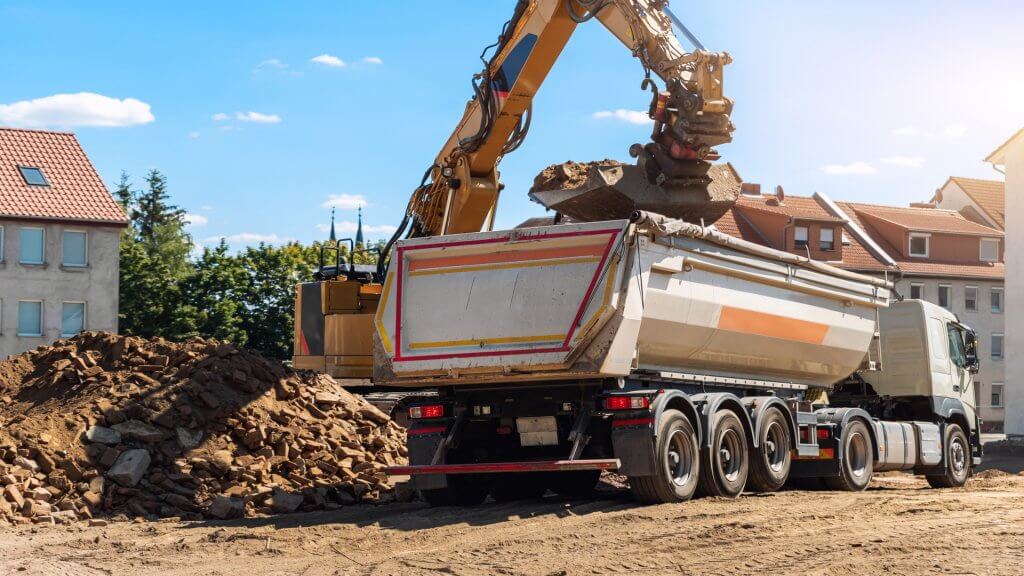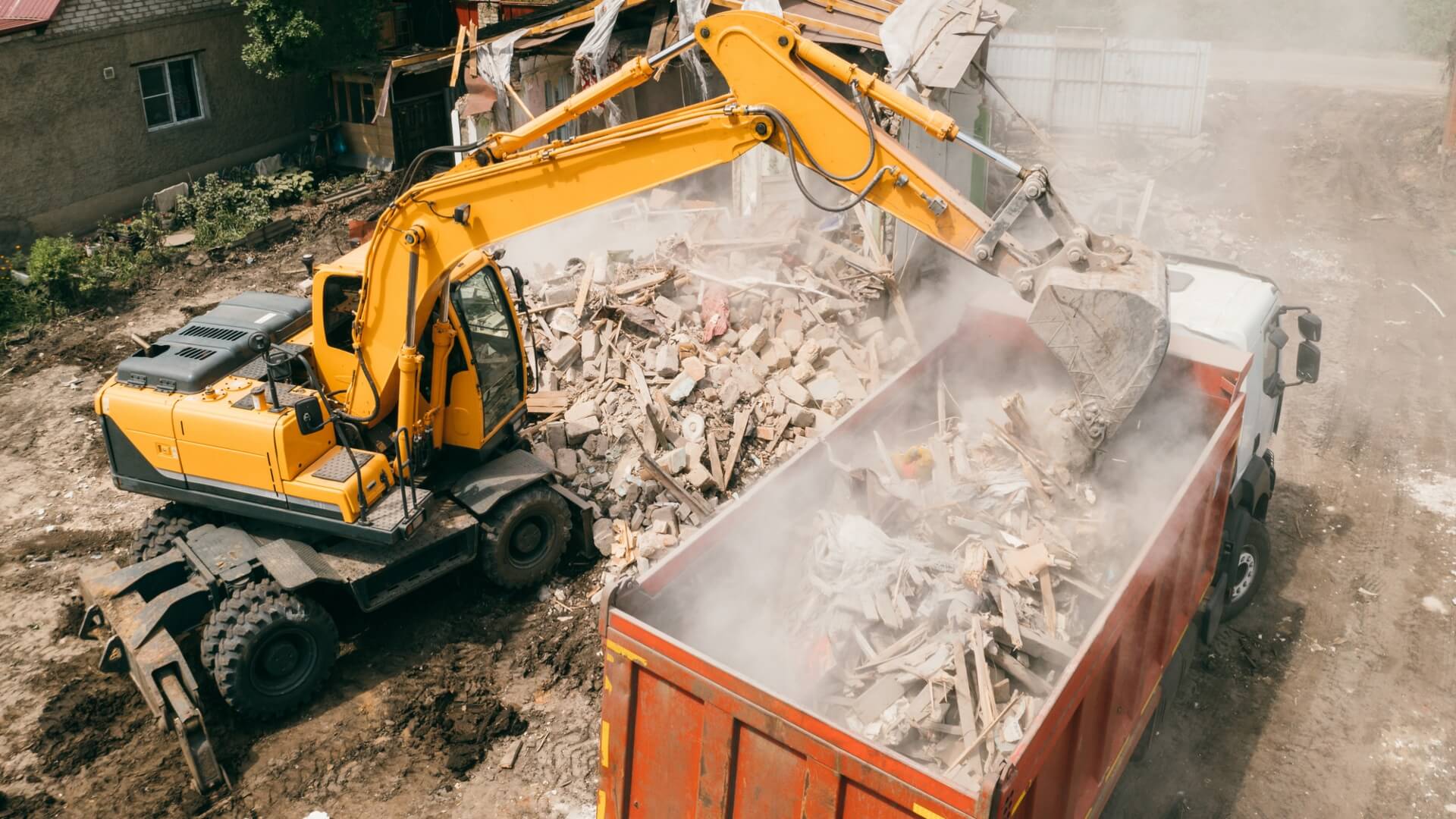Waste on a construction site is inevitable. If you’re doing a demolition first, the volume of waste starts big right from the beginning, while for from-the-scratch builds, rubbish will pile up daily as each construction day ends. Essentially, the bigger your site, the more waste to expect. So, to maintain a clean and accident-free site, staying on top of construction waste disposal is an absolute must.
Most importantly, construction companies are legally obligated to ensure their construction waste is appropriately disposed of. There are set guidelines for it; the bottom line is that a proper hierarchy and segregation should be followed.
While the matters surrounding construction waste disposal are pretty complex, getting this done right is possible, as can be learned from many construction companies who have done the same. Here’s a quick breakdown of a few do’s and don’ts to guide you.
The Dos
1. Hire A Junk Removal Company
On a construction site, you’re not just facing everyday waste as you would at home or in a commercial building. Instead, it’s a much larger scale comprising debris and materials, requiring special handling. Some construction companies take care of their waste alone, but this isn’t the most efficient solution. A better one is to call in a junk removal Thousand Oaks company instead.
As its name suggests, these companies collect and dispose of all junk, including construction waste. They take the load off your hands and construction timeline since your in-house team no longer has to handle that. Usually, you’d call them to come during demolition day and then occasionally once the construction process starts.
Hiring a junk removal company isn’t just about the efficiency they bring. Rather, it’s also about their expertise in dealing with construction waste in the safest way possible. If anything can still be reused or recycled, such is sent to the proper plants so that not everything immediately calls the landfill their final destination.
2. Reduce Waste In The First Place
Construction waste disposal becomes more manageable when the amount of waste your site has daily is significantly reduced. Your team can achieve this by being intentional about each material bought. This means buying only what’s necessary or what you need, so there’s limited cutting and wastage on site.
For example, you can eliminate unnecessary waste from cut offs by getting and buying only the exact measurement of the materials needed, like pipes and timber. Not only does this reduce waste, but it also reduces the construction expense concerning materials procurement right at the outset.
The Don’ts
1. Don’t Proceed Without A Plan
Like any other facet of the construction project, proper waste disposal can only be achieved with a well-made plan. A detailed plan looks like one that tackles the following:
- Educating all workers about why and how to sort waste being produced on-site;
- Accounting for all the potential waste, at least weekly;
- Identifying what the recyclable materials are or what can be reused, so the latter can also be sent to the proper donation drives.
Generally, the goal of having a well-made plan is that fewer mistakes will be made, fewer materials will be wasted on site, and the overall disposal is as efficient as the law requires or how your construction firm or client wills it to be.
2. Don’t Throw Away What Can Be Recycled
It may be surprising that much of what’s usually considered ‘waste’ in a construction site can be recycled. Knowing those can enable your site to manage waste better since you’ll have less to throw away.
Common examples of recyclable construction materials include:
- Gravel
- Asphalt
- Untreated wood
- Brick
- Concrete
- Cardboard
- Metal
- Drywall scrapes
It’d be good to note that the materials above can no longer be reused. That said, don’t bring them back to your construction site in exchange for cost savings. Otherwise, the quality and stability of the structure may be compromised. Instead, send them to the proper plants for recycling into other products rather than being thrown away.
Takeaway
Proper construction waste disposal benefits the company, the client, the environment, and the local area where the construction sites are as a whole. It’s a lot of effort, but one that construction companies can’t escape doing. Moreover, the effects of improper construction waste disposal are dire, and at the end of the day, construction firms aim to be known as one of those that weren’t amiss with their corporate social responsibility.
The suggestions above are only a few, but they’re a strong-enough start to ensuring all the requirements of proper construction waste disposal are met.


































